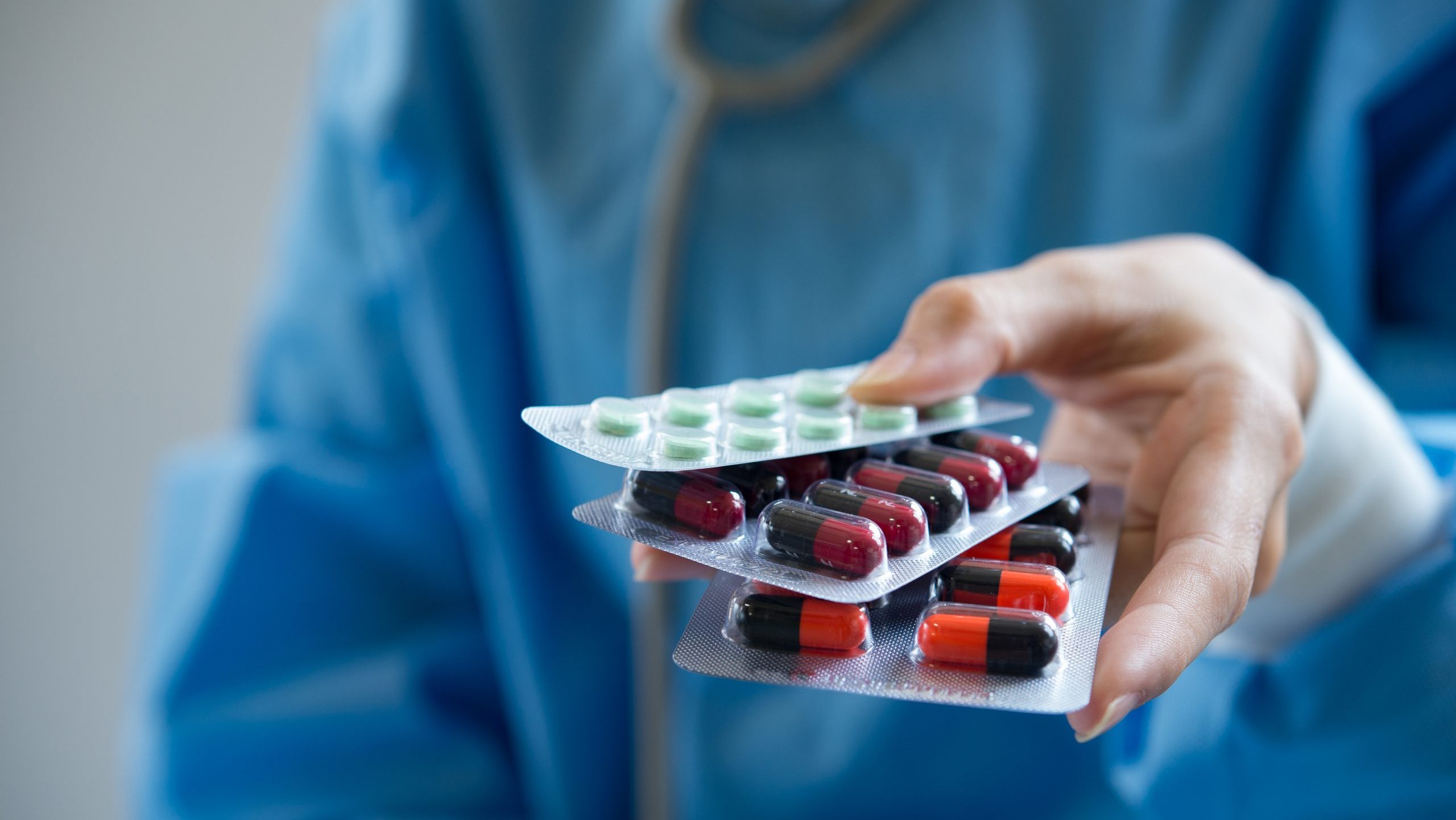SINGAPORE: National Universities Healthcare Group (NUHS), National Healthcare Group (NHG) and Singapore Health Services Group (SingHealth) have all advised that the public should discard expired medicines and that certain medicines, such as antibiotics, anti-cancer drugs and drugs that may be abused, should be returned to hospitals for disposal.
The healthcare groups issued this advisory in response to questions submitted to Lianhe Zaobao on whether expired medication can be consumed, recycled or disposed of. Emphasizing the importance of disposal, the healthcare groups highlighted the unique conditions of patients, cautioning against sharing prescription drugs even for similar symptoms.
Certain drugs, such as anti-cancer drugs, antibiotics, and controlled substances like Morphine and Fentanyl, should not be disposed of at home, according to a pharmacist at National University Hospital.
For drugs suitable for home disposal, the public is encouraged to seal and discard them in the trash, concealing personal information. Unusable medications should be returned to pharmacies, where National Environment Agency approved vendors will handle proper disposal.
To minimize risks of accidental ingestion, the chief pharmacist of SingHealth suggested dissolving harmless oral drugs in water, mixing them with garbage and detergent, and sealing them in bags before disposal. Additional precautions include folding skin patches and dividing the disposal of liquid medicines over several days or using materials like newspapers to absorb the medicines to prevent risk and misuse.
To address drug waste, major medical clusters are implementing measures, such as encouraging patients to record medication quantity and expiration dates. Pharmacists guide patients on using drugs with shorter validity first and advise against over-purchasing to reduce potential wastage.
National University Hospital reported a 30% per cent reduction in expired drugs through regular reviews and adjustments. Patients are encouraged to inform doctors during follow-ups, reducing medication stockpiles.
While local data on drug wastage is lacking, estimates suggest high costs, with a former Pharmacists Association president citing outpatient drug waste as potentially reaching over half a million in 2019.
Family clinics, facing high medication diversity and potential waste, are adopting centralized medication delivery services. In collaboration with Wellaway online pharmacy, one clinic reduces costs and waste by allowing online delivery of less common drugs.
Wellaway, Singapore Health Sciences Authority-approved, collaborates with 410 institutions, offering online orders for 1,600 drugs. Processing over 200 orders daily, the company fulfils doctors’ prescriptions and contributes to reducing medication waste. It has fulfilled over 100,000 orders since its inception.
As healthcare groups and institutions actively advocate proper disposal and implement strategies to minimize waste, collaboration with innovative services like Wellaway marks a step towards a more efficient and sustainable healthcare system in Singapore.

